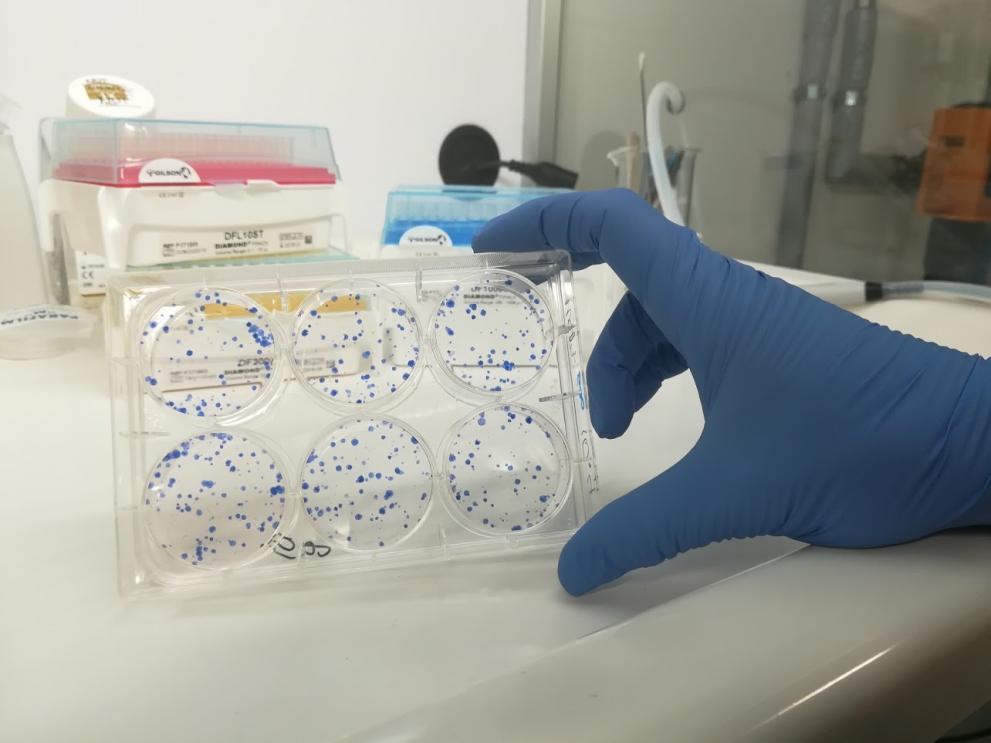
JRC scientists, in collaboration with six Italian Institutions, demonstrated that vesicular nanocarriers such as niosomes, are able to entrap drugs for safe delivery to targets to treat acute and chronic inflammation.
In several diseases and disorders, acute and chronic inflammation is associated with pain, therefore requiring anti-inflammatory drugs for long-term administration to patients. One of the major advantages of nanotechnology in health applications is the targeted delivery of therapeutic agents to the diseased tissue in high concentrations while reducing unwanted side effects, in particular for anticancer drugs and anti-inflammatory formulations.
Therefore a collaborative project was carried by developing of non-ionic surfactant vesicles (niosomes) bearing different pH sensitive head groups with the aim to locally deliver drugs for the treatment of acute and chronic inflammation.
Since modification of the pH is often associated with pathological conditions and inflamed tissues, nanotherapeutics can be constructed to release their payload in acidic pH microenvironment.
The study demonstrates the suitability of in vitro models, representative of trans-dermal exposure, for biocompatibility assessments that is combined with in vivo efficacy studies.
Furthermore, the efficacy of the drug loaded was performed in vivo by researchers of different Italian Institutions, namely:
- Sapienza University of Rome
- Istituto Italiano di Tecnologia
- University of Milan
- Istituto Superiore di Sanità
- 'Gabriele d'Annunzio' University of Chieti
- Magna Graecia University of Catanzaro
Great attention has also been payed to optimise the transdermal route of administration since vesicular nanocarriers (e.g. liposomes, niosomes, ethosomes) allow the accumulation of drug in the skin and enhance the local effect increasing the penetration through the stratum corneum.
Read more in: F. Rinaldi et al., "pH-sensitive Niosomes: Effects on Cytotoxicity and on Inflammation and Pain in Murine Models", J Enzyme Inhib Med Chem 32 (1), 538-546. 12 2017, DOI: 10.1080/14756366.2016.1268607
Related Content
pH-sensitive niosomes: Effects on cytotoxicity and on inflammation and pain in murine models
Details
- Publication date
- 21 November 2017
